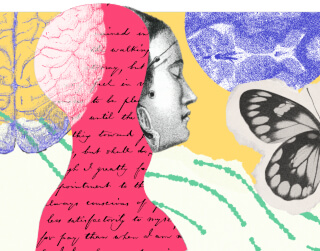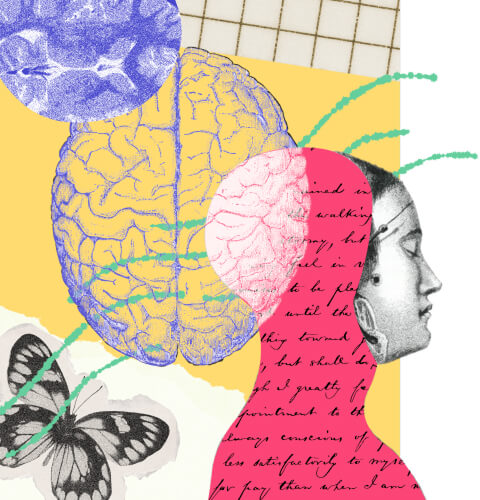ALL ACROSS the cities of India, citizens grapple every day with the multifold outcomes of rapid change and increasing crowds. We complain, we sigh, and sometimes we express our rage. Yet, in our hearts, each one of us holds some vision for the city in which we have tried to make our home.
Surely we all want our city, whether it is a megalopolis or an emerging town, to .be cleaner and greener, more convenient, less noisy, more like it was in the good old days, a better place to raise our children and more, much more?
For Rohini Nilekani, making the money was the easy part. The Bangalore-based wife of Infosys CEO Nandan
Nilekani, Rohini owns 1.67% of the Indian outsourcing company, and her personal fortune soared to about $300 million along with the meteoric rise of its stock. She calls her windfall “a quite frightening amount of money.” And as soon as it started rolling in, the social activist and journalist began to look for ways to give enormous sums away.
That’s been the hard part. With little guidance available for the country’s would-be Rockefellers, Nilekani became a self-taught philanthropist, building two foundations from the ground up. So far, she has provided a total of $37 million to Akshara Foundation, which is dedicated to education, and the Arghyam trust, which tackles water
issues.
Foundation chairperson Rohini Nilekani accepts the award.
Ms. Nilekani said the foundation, as part of the Pratham Network, believed in giving underprivileged children the opportunity to learn and thereby empower them to take advantage of several more opportunities available for the educated.
Achievers – Rohini Nilekani – Kannada
Better Halves – Giving Money.
Call to Save Water – Kannada
In the non-profit sector, we are often asked questions about outlays and outcomes. Funding agencies, government,
the media and our partners demand to know what exactly we have achieved. Gone are the days when you could claim
to wipe the brows of the sick, feed the hungry and shelter the homeless. These are ‘band-aid’ solutions. The big donors have understood that there is not much future in sponsoring such activities.
Hurray! The outlay for education has been increased by 31.5 per cent. The government loves to play the ‘daatha’ (donor), but the ground reality rests with God. First of all, what does this mean in terms of GDP deployment?
The FM has also proposed to start five lakh classrooms. Excellent, considering many of our children continue to sit under trees and learn their lessons.
I passionately believe that we need a public library system that is on par with the best in the world, and is accessible to all.
I have not met any Indian who has not returned from the US, glowing with praise for the public library system there. I myself think most of my real education happened rather late in my life, in the early eighties, when, for
seven years we led a nomadic existence in the US, with little opportunity for entertainment except for the free libraries in every city we lived in. I will always be grateful for the warm welcome, the quality and the variety of books and the frequent events and discussions held there.


